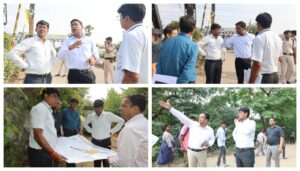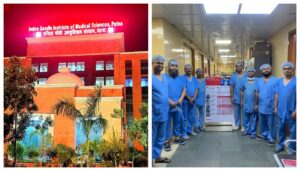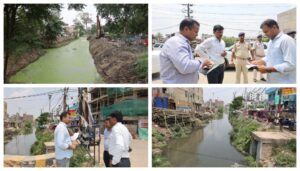Bihar State Pollution Control Board Illuminates COP Insights: Transitioning Towards Climate Resilience
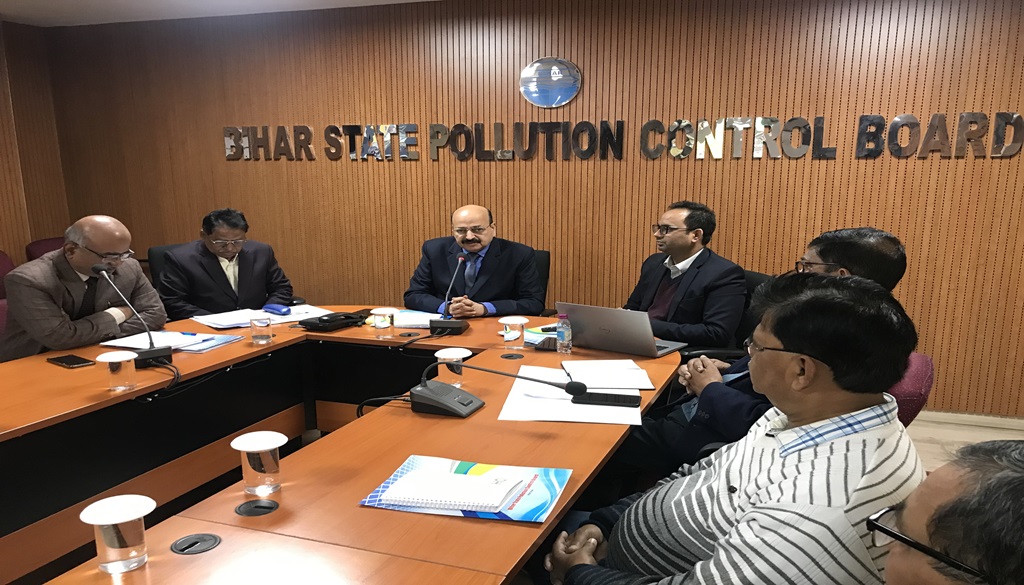
Patna: The UN Climate Change Conference of Parties (COP) 28, convened in Dubai last December, yielded significant milestones including the transition away from fossil fuels in energy systems. However, critical matters such as climate finance remain ongoing priorities, with continued pursuit anticipated in future COPs, including COP 29 slated for Azerbaijan in November this year.
These insights were shared during a debriefing session titled ‘Understanding COP – A Comprehensive Session,’ hosted by the Bihar State Pollution Control Board (BSPCB) on Friday.
Dr. Devendra Kumar Shukla, Chairman of BSPCB, emphasized the prominence given to health issues in COP28, stating, “Apart from addressing temperature increases, extreme weather conditions, and carbon emissions, health concerns were prominently featured in the last COP. The resolution to transition away from fossil fuels marks a historic step, albeit with its own set of challenges, including dependency on electricity generation in developed nations like India. The establishment of loss and damage funds represents a milestone for states like Bihar, which regularly face floods, droughts, and other climate extremes.”
Welcoming participants to the session, Dr. Naveen Kumar, Senior Scientist at BSPCB, highlighted the significance of COP as an annual gathering of countries signatory to the United Nations Framework Convention on Climate Change (UNFCCC). “COP meetings serve as forums for measuring progress, negotiating multilateral responses, limiting greenhouse gas emissions, and combating global warming,” he said.
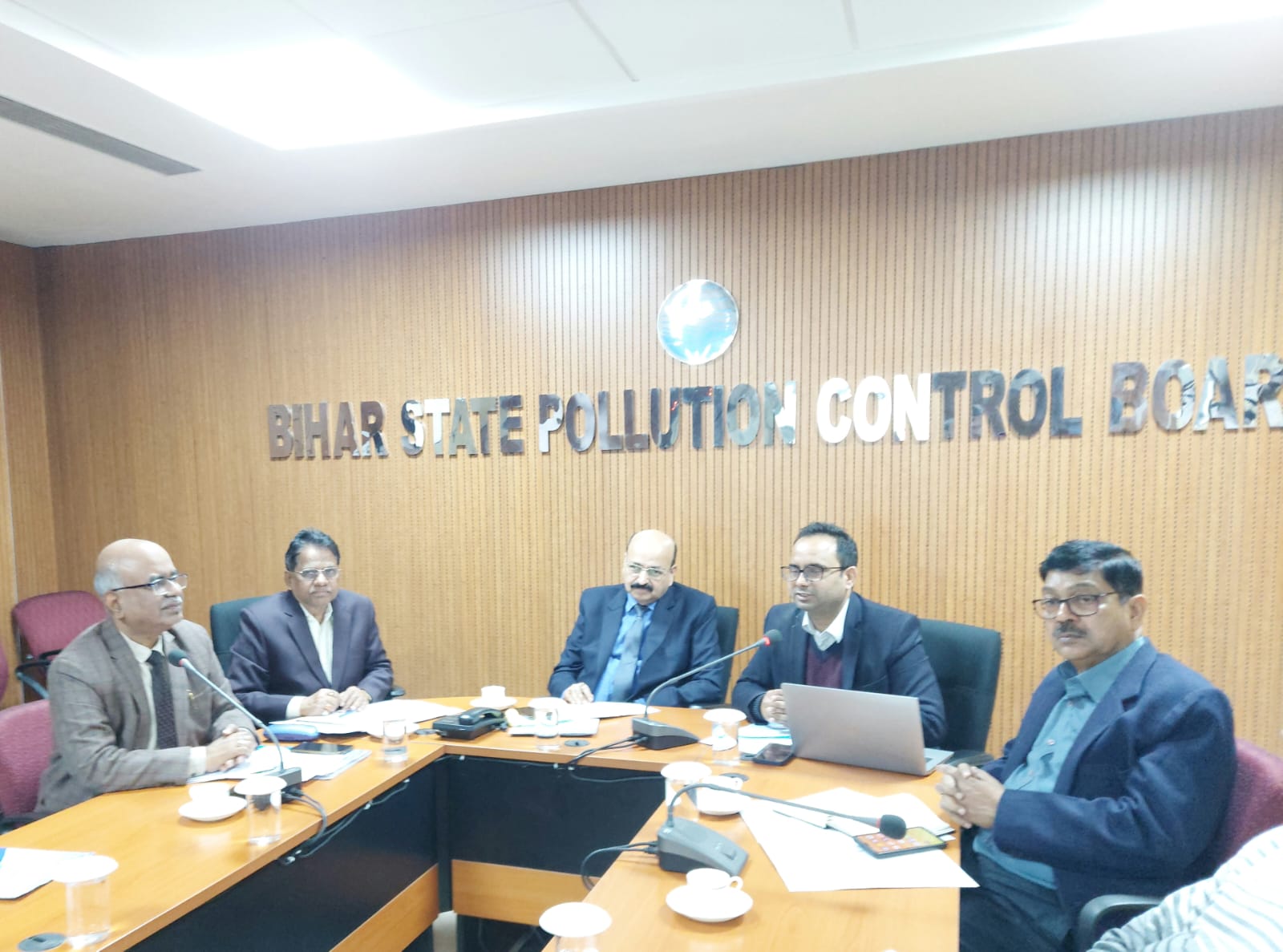
Dr. Vaibhav Chaturvedi, Fellow at CEEW, stressed the necessity of global negotiations on carbon emissions, considering carbon dioxide as a ‘global pollutant.’ “As per the Paris Agreement, global temperature rise is targeted to be limited to well below 2 degrees Celsius above pre-industrial levels, with efforts to limit it to 1.5 degrees Celsius. However, current emissions have already raised global temperatures by 1.1 degrees Celsius. It is imperative to curb carbon emissions across all sectors to achieve these targets,” he said.
He also shed light on the significant outcomes of all COP meetings held thus far. “CEEW’s efforts aim to inform various relevant departments about the latest developments in the climate debate, thereby aligning state-level policies with climate-positive actions,” he said.
Ulka Kelkar, Executive Director of Climate at WRI India, began her address by highlighting the development of Dubai, where the last COP was held. “Observing the dazzling city of Dubai in the desert,” she remarked, “I believe there are no limits to human ingenuity and adaptability. However, while the affluent may thrive, it’s crucial that we ensure the survival of the vulnerable.”
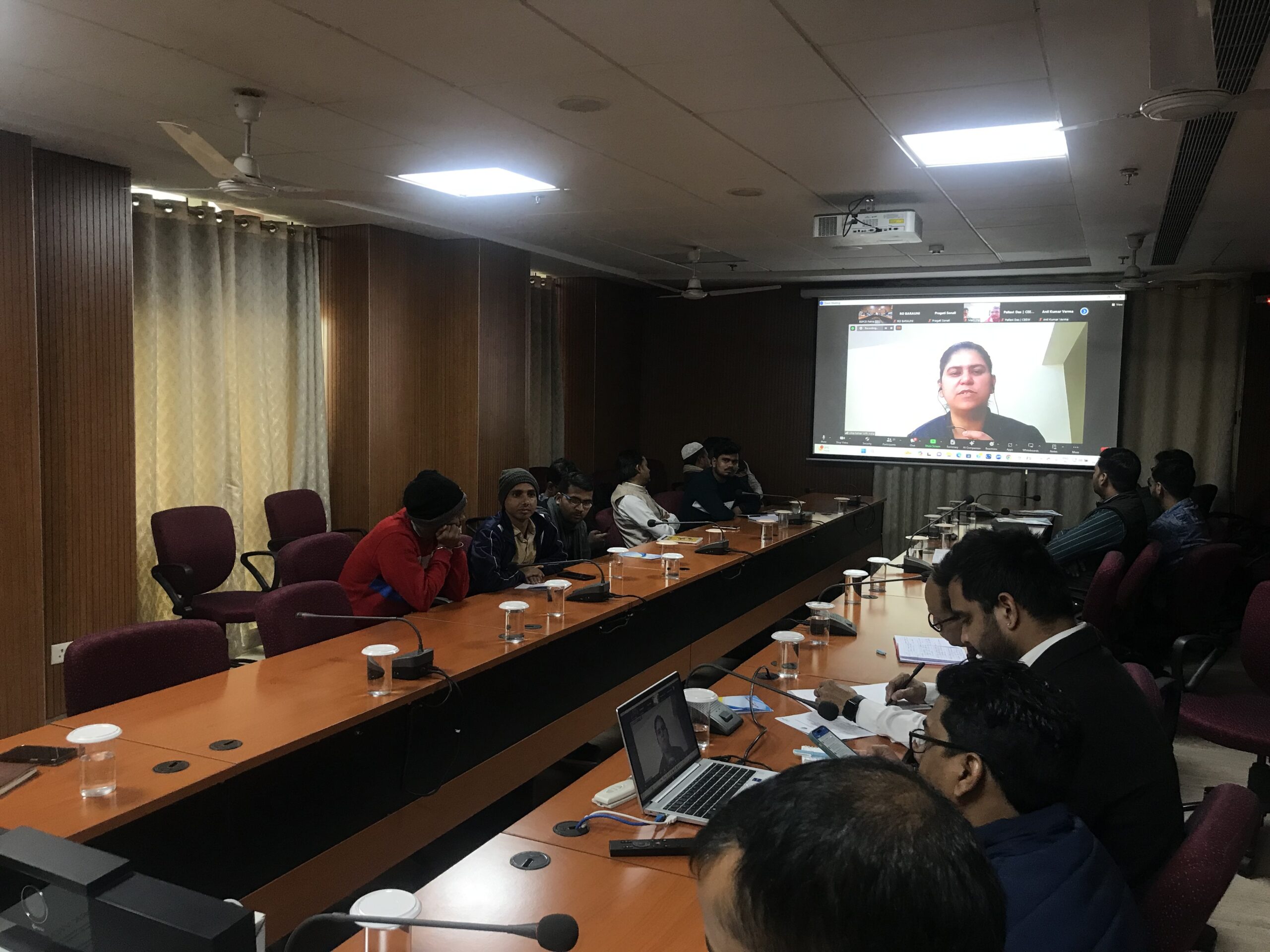
She added: “Bihar is actively pursuing climate-resilient and low-carbon development pathways to tackle the adverse impacts of climate change. The state aims to showcase and expand upon examples of climate-friendly lifestyle choices, sustainable urban development, public transport, decentralized renewable energy for rural enterprises, and a circular economy for recycling e-waste and critical minerals.”
“As we gear up for COP-29 in Baku,” Ulka emphasized, “Bihar can play a significant role in this year’s discussions on nationally determined contributions, the global goal on adaptation, and climate finance.”
BSPCB’s Scientific Advisor, S.N. Jaiswal, delivered a vote of thanks, highlighting Bihar’s sensitivity to the impacts of climate change. He underscored the state’s proactive approach towards climate adaptation, particularly in promoting adaptive agriculture practices.

